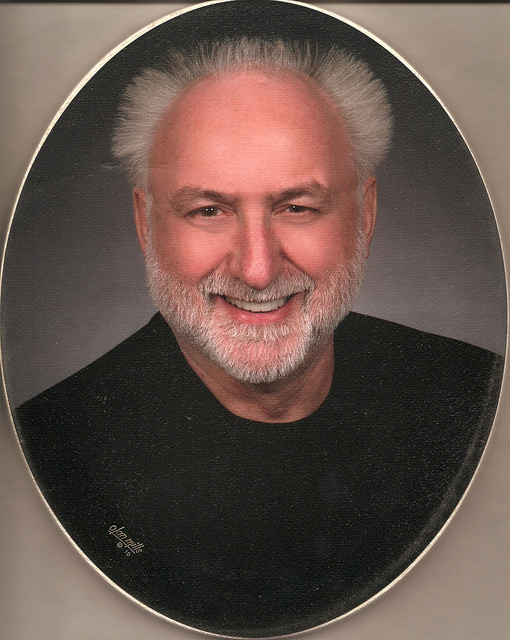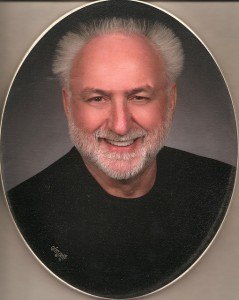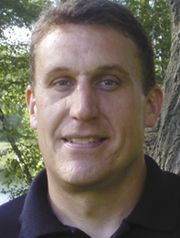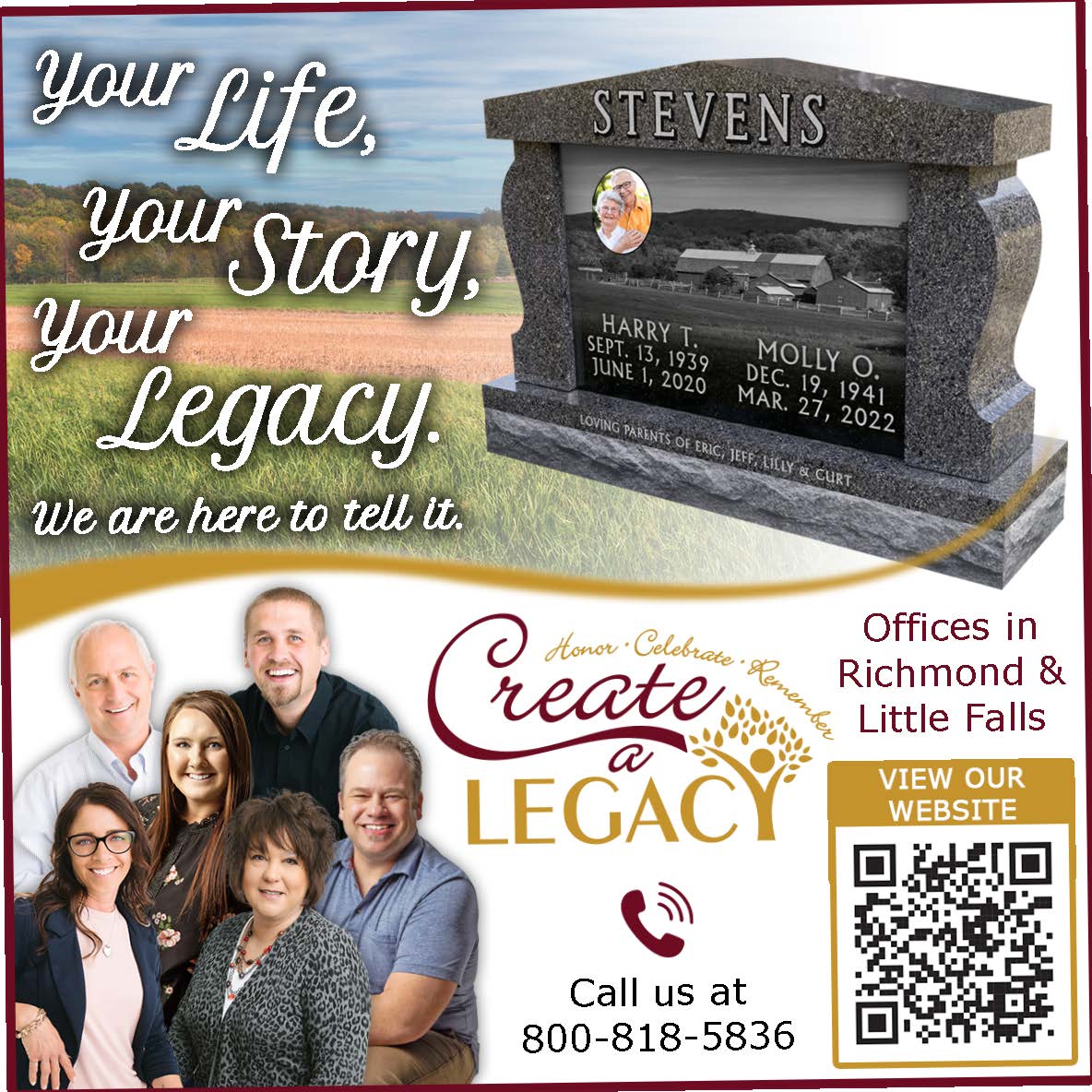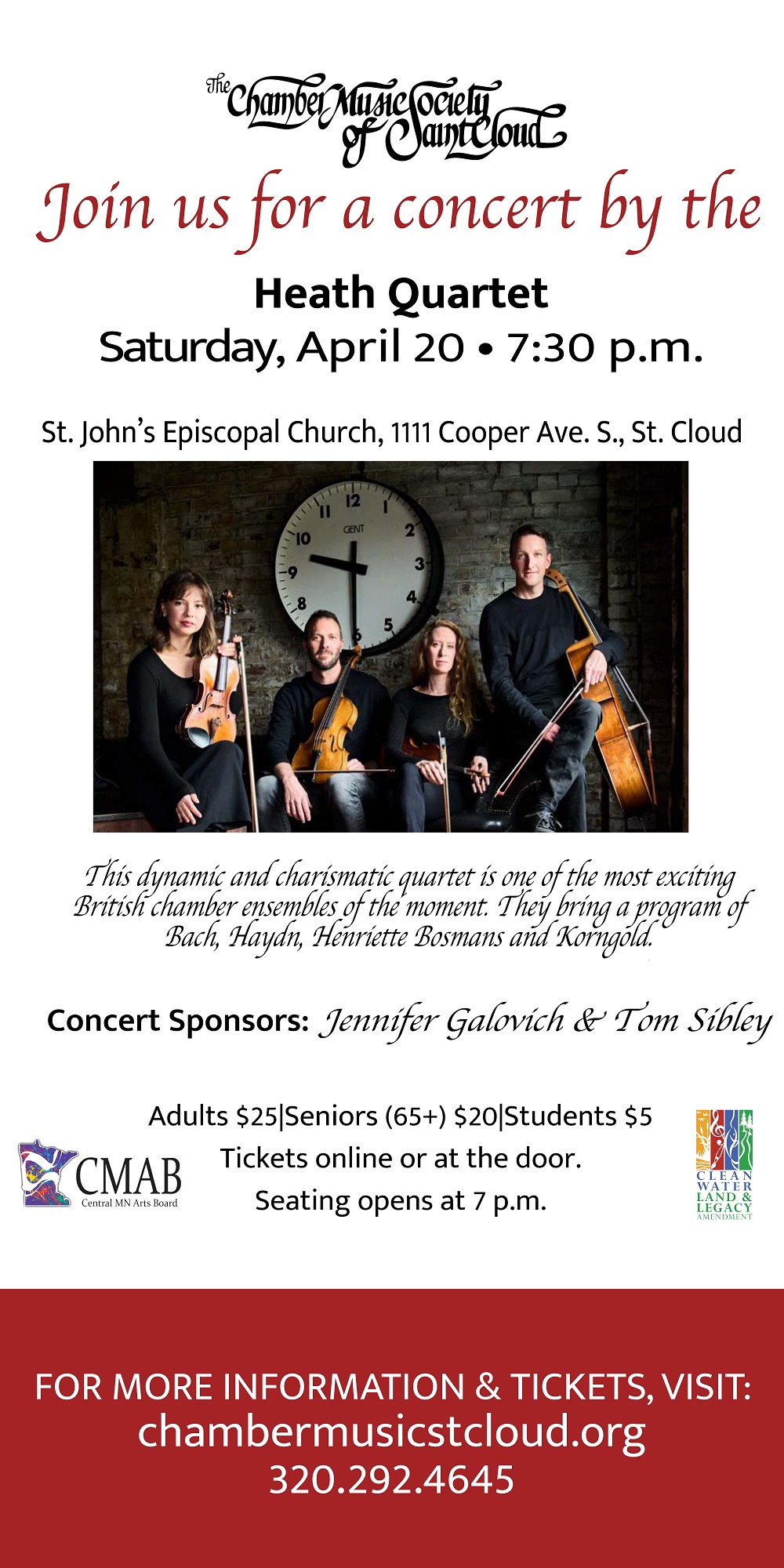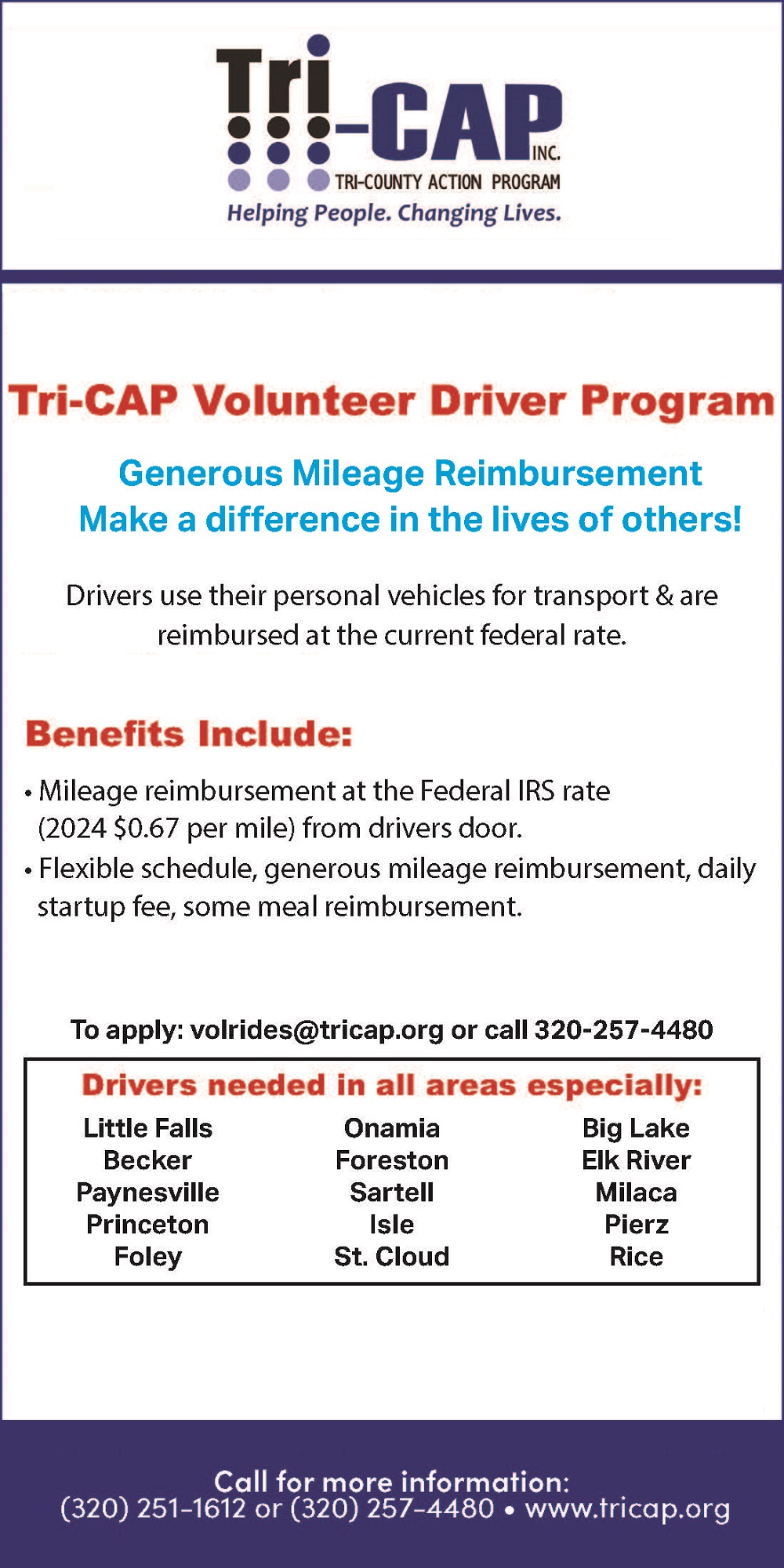Bruce Mohs
Brief biographical background:
I’m retired from a long, successful and satisfying career in public-school education. During my youth, I was educated in the public schools of District 742. My higher education includes a bachelor’s degree in secondary-school education from St. Cloud State College, a master’s degree from the University of Arizona and a master’s degree from the University of Wisconsin-Milwaukee. My professional work experience includes 32 years of science teaching, coaching, advising and administration in an urbanized suburban school district; 10 years of adult-education program supervision for a technical college; a one-year adjunct professorship in English Language Learners at an overseas American university; and 11 years as a public trustee as a member of the board of education. All that has enabled me to build a broad professional background, including classroom teaching, athletic coaching, student advising, building administration, program supervision, higher education and school governance.
Why are you qualified to serve on the school board?
I’m a candidate for re-election because I have a personal and professional commitment to support quality public-school education for the students, parents, educators and citizens of District 742. I’m an educational enthusiast and I have a committed professional attitude. I strongly believe education is for the infinite good of our community and our society. No calling is more demanding, more selfless or more central to the welfare and vitality of our democratic republic than education. Educating students, therefore, is an important public trust of considerable social significance, a human privilege of great value and importance, and a noble and challenging career of deep satisfaction and enjoyment.
There is a constant tug-of-war about school testing. Do they count or don’t they? How much credence should we ascribe to so many tests? Do they truly help improve education or do they cause more stress and misguided focus than they are worth?
I see instructional testing as both a useful and necessary part of the educational process and purpose. Instructional testing begins with a shared vision for student achievement which must be supported by educational standards (student expectations) for ALL students, which are aligned to their needs and potentials. What’s required are credible testing tools and processes that measure educational outcomes against stated standards. There must also exist an assessment system in which testing tools and processes are used formatively and motivationally to help educators move students further along a growth pathway which helps those students achieve to their potential. Sound assessment systems incorporate multiple assessments, alignment with local academic standards and coordination with state and national assessment programs. Instructional leaders (teachers) and operational leaders (administrators) must have reasonable and responsible accountabilities for the educational outcomes of students. But a strong accountability process, focused on improved student achievements as measured by comprehensive data collection and analysis, MUST have adequate and equitable resources which are focused and aligned on professional development, communication and planning and program (curriculum) implementation all working together to support the visions, standards, testing and accountabilities.
Horrific examples of bullying continue to make local and national news. Have you closely examined the district’s policy about bullying? What would you change, if anything, in that policy?
The educational mission of District 742 is to provide “a safe and caring climate and culture in which we prepare, engage, educate, empower and inspire ALL learners in partnership with their surrounding community to be successful in today’s and tomorrow’s society.” As part of the continuing staff development in our district, our educational staff is involved in “A Better Way” training driven by evidence-based social-emotional learning research from PBIS, CASEL, The Civil Rights Project, MDOE, Project ACHIEVE, Minnesota Minority Education Partnership and the U.S. Department of Education.
Do you think sports are overemphasized or underemphasized in this school district? Do you think the district spends too much – or too little – on sports activities?
I don’t think sports are either overemphasized or underemphasized in District 742. District 742 must continue to offer “Rigorous, Relevant, Relational and Results”-oriented teaching and learning experiences and opportunities for ALL of our students in the areas of academics, arts, activities and athletics. And we must be willing to fund and budget these experiences and opportunities in a fiduciary manner which is prudent and imaginative.
What should happen to Tech High School?
As we consider the replacement of two century-old school buildings (Tech, Roosevelt), which have served five generations of students, I believe it’s critical we build the foundation of teaching and learning for the next five generations of students. Replacement buildings for Tech and Roosevelt, and repurposed/renovated/remodeled buildings, must house great 21st Century programs, services, curriculums and instruction. As we move forward with potential locations and designs for two 21st Century buildings, we must maintain a focus on the design, purpose and function of programs and services “inside” our buildings so it prepares ALL of our students for achievements, success, careers and civic engagements “outside” our buildings.
Do you think the theory of evolution should be taught in schools, with or without the theory of creationism?
I don’t think boards of education (governance bodies) should micro-manage operational decisions (administrators) and instructional decisions (teachers). Curriculum content, however, should go through a public process of inclusive decision-making. My professionally informed perspective is the theory of evolution is a scientific postulate. As such, I believe evolutionary theory should be taught in the context of science. My personally informed perspective is creationism isn’t a scientific postulate. Therefore, I don’t personally favor creationism being taught as a science.
Mohs










